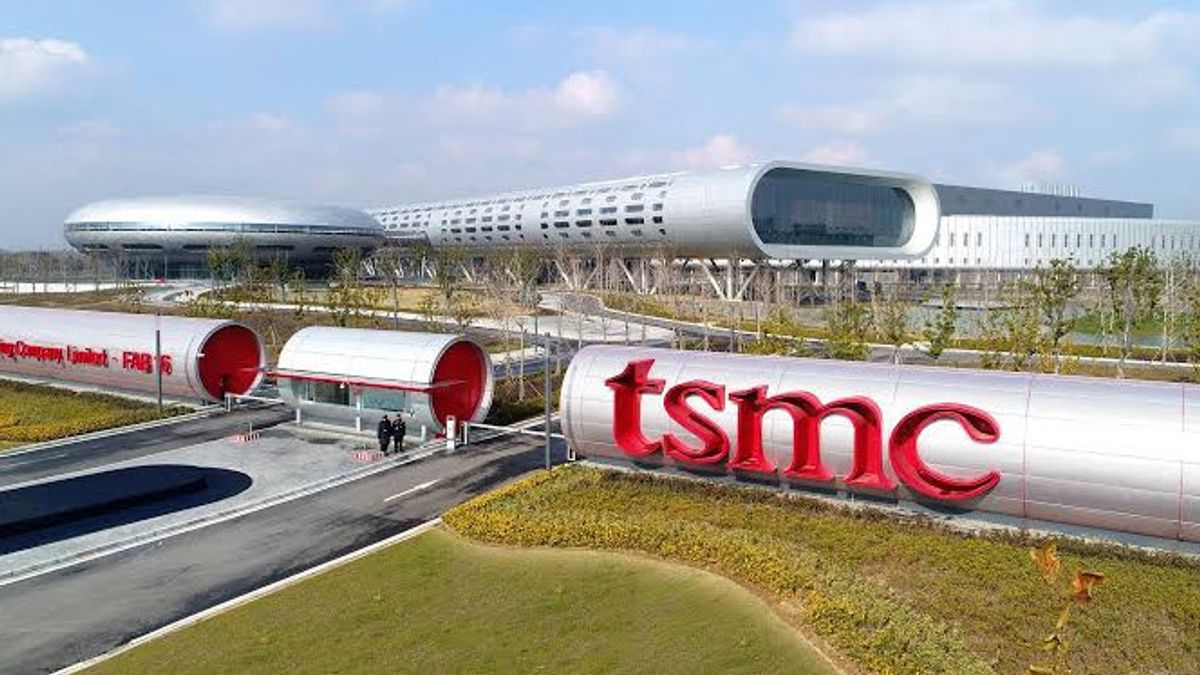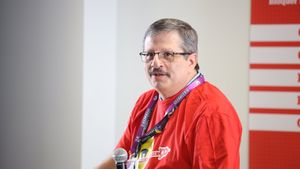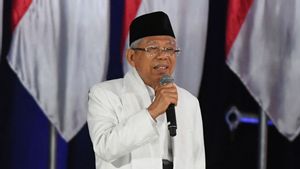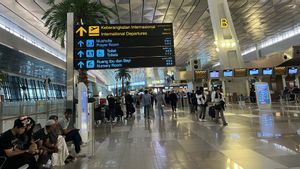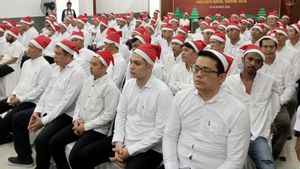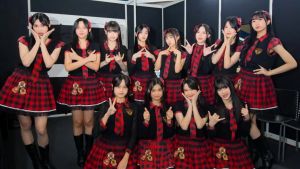JAKARTA - Taiwan Semiconductor Manufacturing Company (TSMC) is claimed to delay production at its new chipset plant Arizona, United States (US), until 2025.
TSMC's decision is claimed to disappoint US President Joe Biden's plans to bring a lot of chip production into his country.
TSMC boss Mark Liu stated that the reason behind this delay was because the company was facing a shortage of workers with special expertise needed to install equipment in semiconductor class facilities.
Liu added that the company is currently working to improve the situation, including sending experienced technicians from Taiwan to train local skilled workers (in the US) in no time.
In December last year, Liu said the first of two TSMC semiconductor production facilities at the Arizona plant would operate in 2024 by making a 5 nanometer (nm) chip. Both will operate in 2026.
At the same time, the company will double its investment in the project to $40 billion, marking one of the largest foreign investments in US history.
In last week's earnings report, Liu also expects a 10 percent drop in sales this year, due to slower semiconductor demand.
Although Apple has said its plans to use computer chips built at the Arizona TSMC facility.
Liu revealed that the company's profit fell by around 23 percent to USD 5.8 billion in three months until the end of June, compared to the same time last year.
SEE ALSO:
For information compiled from CNBC International, Monday, July 24, Uncle Sam's country has started investing to bring semiconductor manufacturing back there, including through billions of dollars in funding CHIPS and Science Act for the development of turbocharge.
The investment also includes tax breaks for companies that build computer chip manufacturing plants in the US.
This is because during the COVID-19 pandemic, the US is very dependent on countries such as Taiwan to develop computer chips.
However, according to them, the move actually creates national security risks and makes negata lose control of the supply chain.
The English, Chinese, Japanese, Arabic, and French versions are automatically generated by the AI. So there may still be inaccuracies in translating, please always see Indonesian as our main language. (system supported by DigitalSiber.id)
